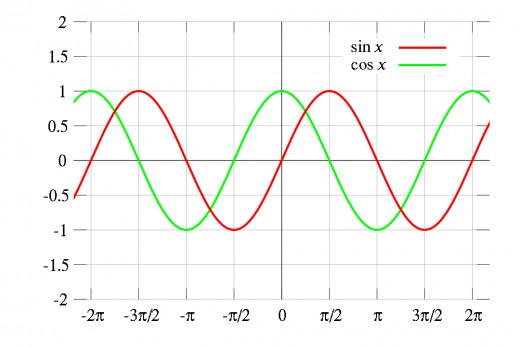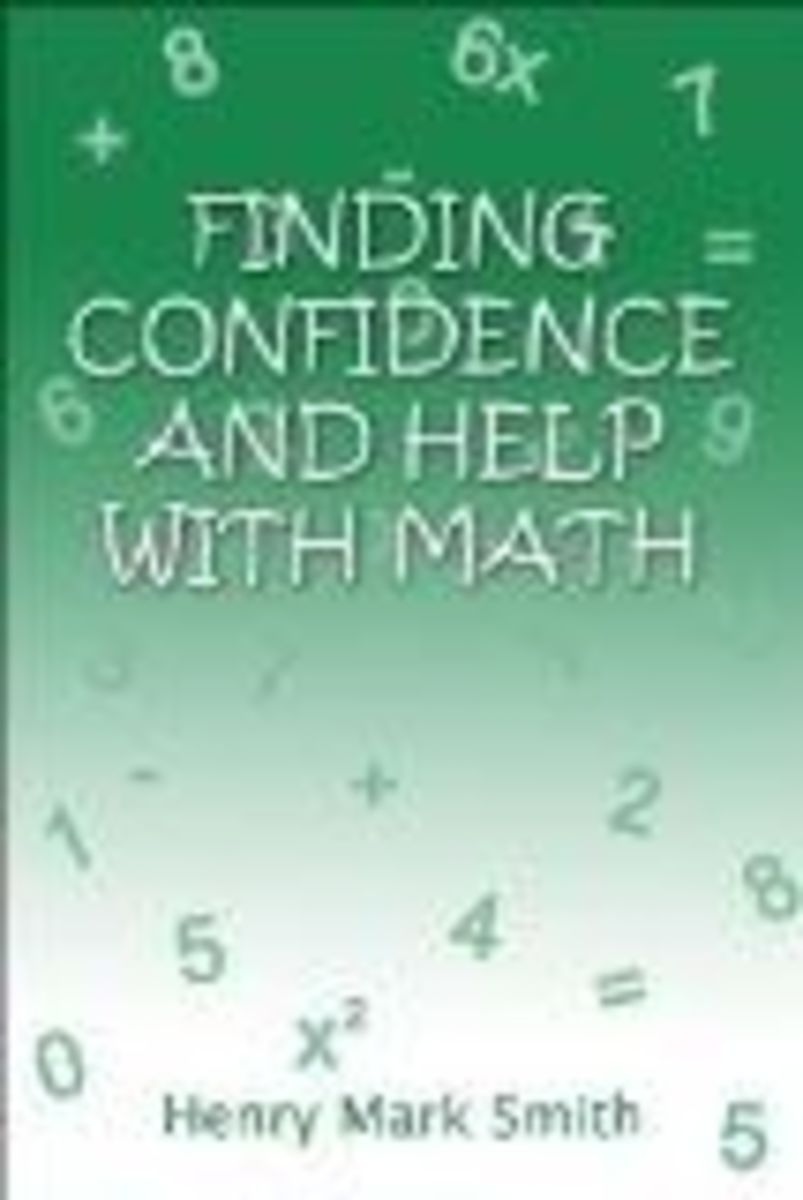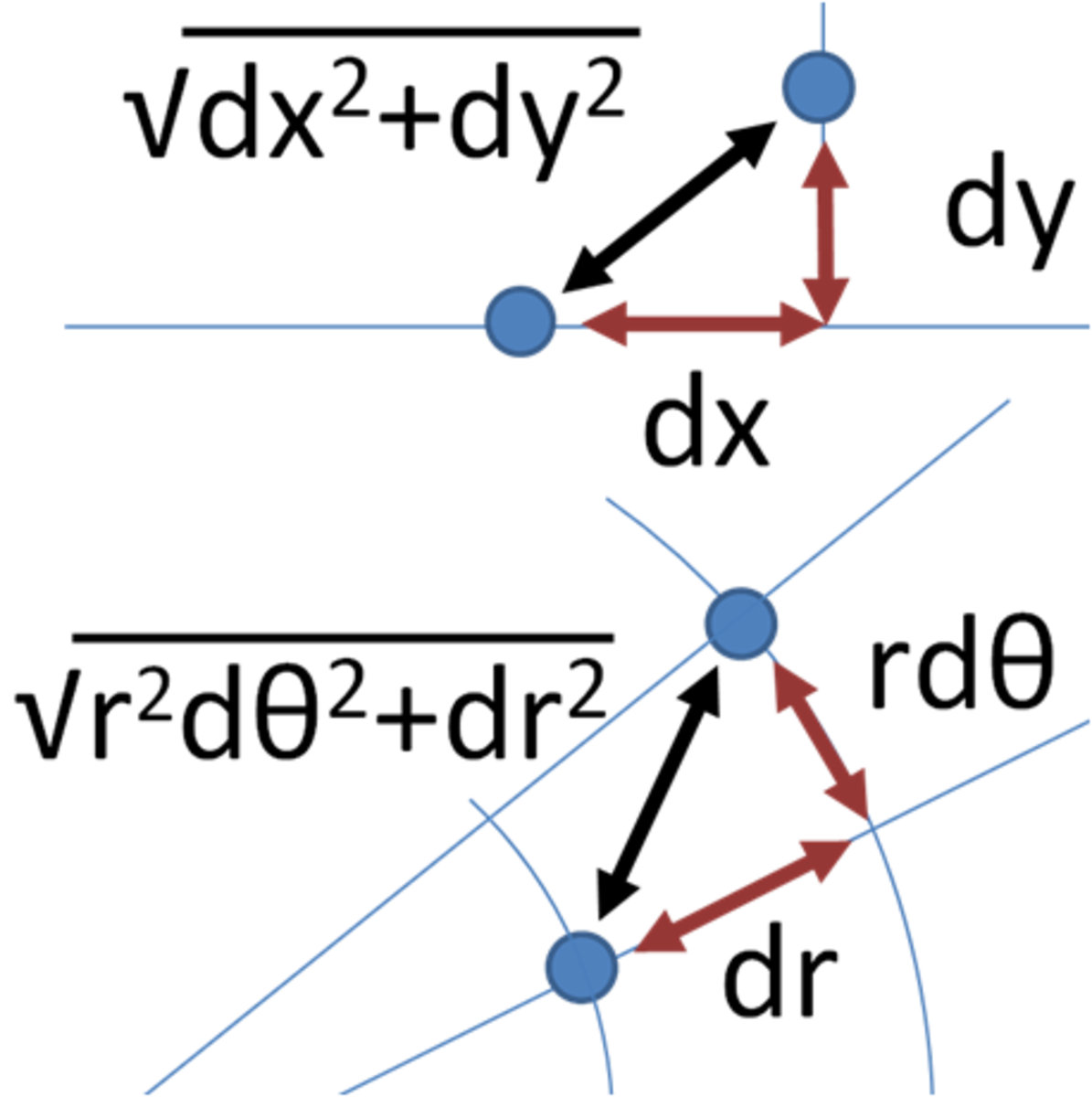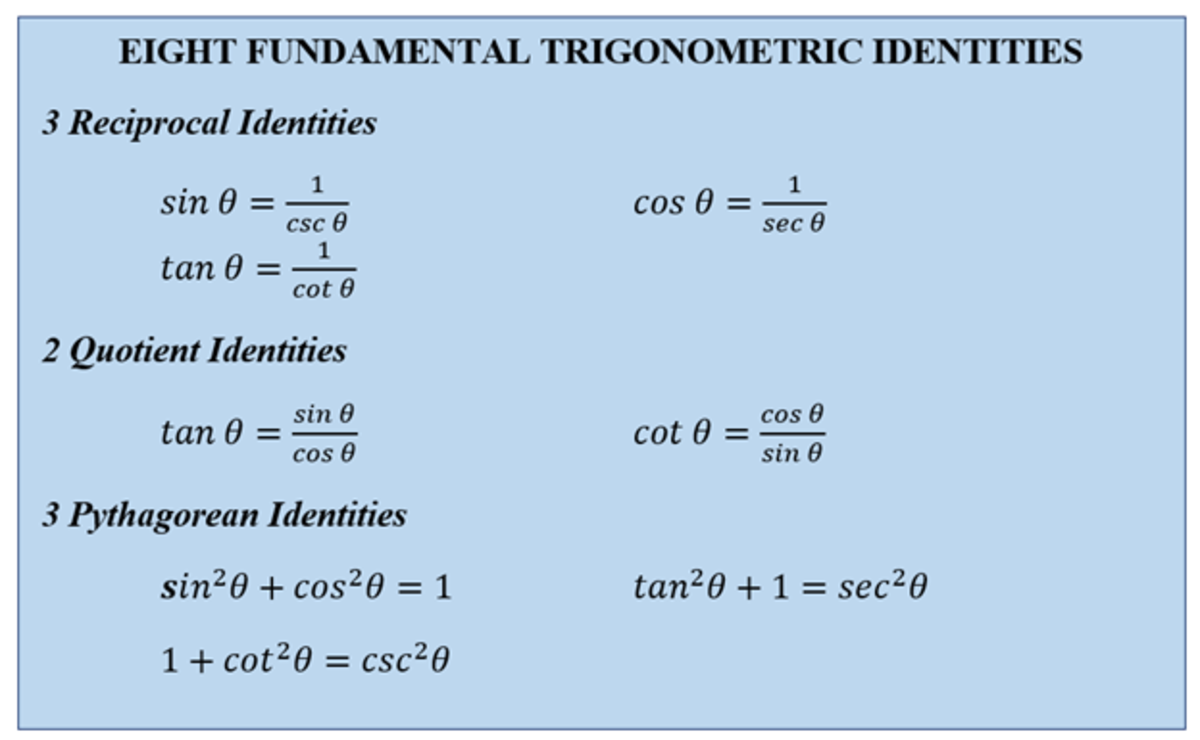How to Ace your Math, Science and Engineering Classes

Mathematically-based courses can be a GPA-killer for many students. But, they don’t have to be. Here is some advice on how to do well.
1. Talk to other students to discover the good teachers.
2. Always attend class, be early, participate and be respectful. Whether stated in the syllabus as translating to actual points, or not, many teachers will take your attendance and class participation into account if you grade is borderline. In addition, pop quizzes are commonplace, so make sure you are ready.
3. Learn how to do the math by hand and if available, with the appropriate solver (e.g. Business calculator, or TI). Then, when you do your homework and also your exams, you can do the problems by hand and check for errors. If you find a discrepancy, go back and redo it by hand. Recheck with the calculator. Repeat until both answers agree. When I did this, I got all of my mathematical questions right.
4. The topics generally build upon each other, so be sure that you study and keep up with your coursework. If you study daily, and have work done in advance, then you will likely have a better chance of understanding everything. If you wait until the last minute, odds are that you will be unable to find the help you need in time for the quiz or test.
5. When you are doing a math problem, keep track of assumptions and show all work.
6. Hand in all work on time. You generally will lose a minimum of 10%/day for each day you are late. If you are going to be out of town, clear it with the teacher in advance, and try to hand in assignments early.
7. Go to a used bookstore and buy a few used textbooks in other editions. Read the relevant content. Work through all of the pertinent exercises in each of the books.
8. Be able to draw the important trend-lines and pictures. Understand the pictures, equations and axis labels.
9. Get help if needed. I would start by going to the professor’s office hours. Many schools also have learning centers and/or private tutors. It is worth the extra money to pay a tutor should you need one. Study in groups. Help teach others. Teaching is often the best way to learn and retain something new.
10. When studying for exams and quizzes, redo homework. Be sure that you can do problems quickly so that you don’t run out of time.
11. If you don’t understand a topic and get it wrong on the exam, take the time to learn it even after the fact. Math almost always builds, so odds are it will show up again later.
This may sound like a lot of work, and it is… but, if you are serious about getting the grades, it can be done.









